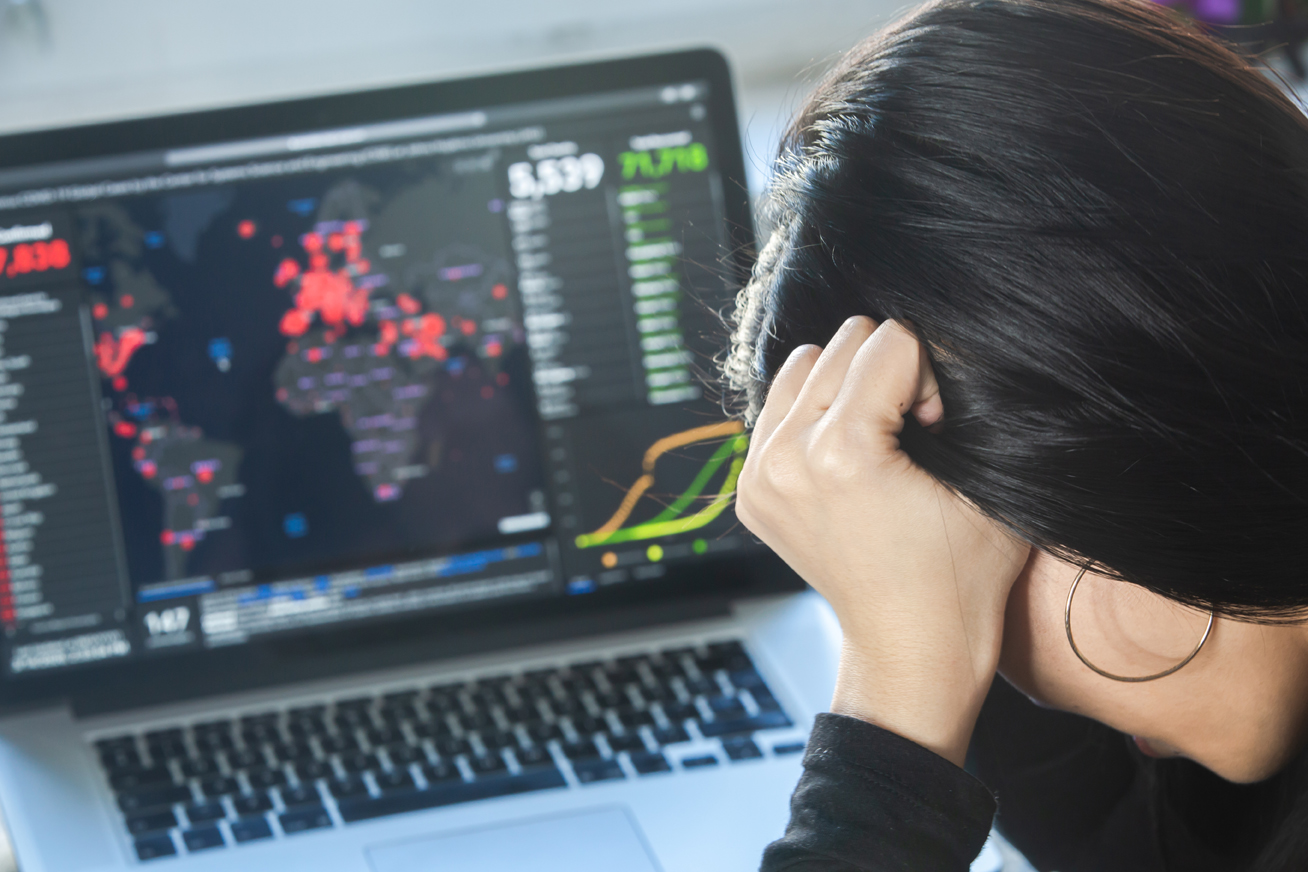
Anxiety and COVID-19
The COVID-19 pandemic is impacting the mental health of Americans, according to a national survey conducted by the American Psychological Association (APA). The survey found high levels of anxiety among U.S. adults. Dr. Bruce J. Schwartz, MD, APA president, warns that the mental health of Americans could become much worse if the pandemic continues unchecked.
Participants in the survey were mostly white (74%), their ages ranging from 18 to 91 years, with a mean age of 47 years. Almost half of the survey participants (48%) said they felt anxious about being infected by COVID-19, while 40% said they were anxious about becoming fatally ill by the virus. More than half of the survey participants (62%) were anxious about their family members contracting the Coronavirus. Running out of food, medicine, and other essential supplies were the predominant concern of many Americans, while others worried the pandemic might devastate their personal finances besides causing long-term adverse impact on the economy. Dr. Schwartz also predicted the anxiety level of Americans to rise rapidly once they start losing jobs and begin to face serious financial consequences.
The good news is that most adults in the study have not reported significant behavioral consequences, despite the high levels of anxiety caused by the pandemic. Only a minority (19%) had trouble sleeping or had increased dependence on alcohol or other substances (8%). Only 12% reported fighting with partners or loved ones due to their isolation at home and close proximity. However, about a quarter of those surveyed said they had trouble focusing on other matters because of their anxiety.
Anxiety is a normal and legitimate reaction to the uncertainties and perceived threats around us. COVID-19 is a real threat that has Americans worried and anxious about the immediate as well as long-term future of themselves and their loved ones. This individual sense of anxiety has spread to the wider society of scientists, academics, politicians and government officials. Most of us are realizing that we are “in for the long haul” as far as the COVID-19 pandemic is concerned, which shows no sign of lessening, but on the other hand, shows definite signs of expanding without restraint.
The uncertainty and confusion surrounding the COVID-19 pandemic is the most difficult thing to deal with for many people. Looking after your family, friends, and yourself without giving in to panic is the best way to handle the anxiety and stress fueled by the pandemic. So will helping others to deal with their fears and stress, which can also make your community stronger and more resilient.
Constantly hearing about the pandemic can be depressing. The best antidote for it is to take a break from reading about, listening to, and watching news stories of the pandemic, especially on social media. Taking care of your body and mind by eating nutritious food, getting adequate sleep, and engaging in physical exercise, yoga, or meditation will go a long way in helping to alleviate anxiety.
Connecting with others online and talking openly about your anxieties and fears with those you trust can be immensely helpful to relieve your stress during these uncertain times. Reach out to your healthcare provider for professional help.
